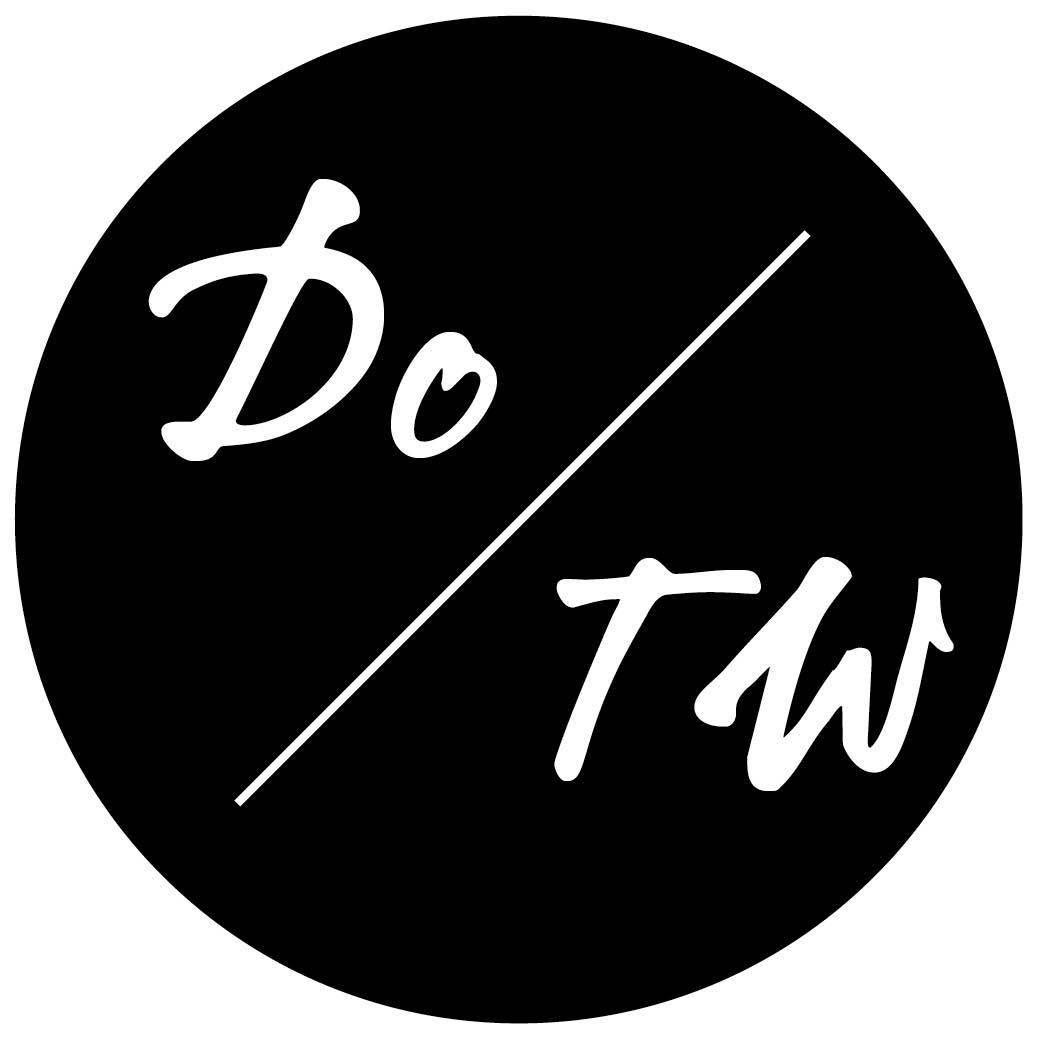Is Your Freelance Writing Career Closing Its Eyes and Hoping for the Best?

A while ago, my husband finally got his cholesterol checked out. Every since I’ve know him, he’s said that he needs to get it checked, because Indians always have high cholesterol.
Sure enough, the numbers came high. Rather excessively so.
And the first thing the doctor did was ask him to keep a food diary for two weeks and scheduled a follow-up appointment to review and see if anything in his diet was contributing to the condition.
This is the first step doctors take to diagnose so, so many ailments–gather concrete, detailed, real data. They don’t rely on the patient’s description of their habits.
And most patients (sometimes with some proding), follow instructions and make a food diary as requested, diligently jotting down every nibble and snack, and, if requested, how they feel (psychologically) when they eat and after (internally for gastrointestinal issues).
Even though so many people on diets or facing other food-related health problems mentally track what they are eating and make decisions accordingly (i.e. I didn’t really eat much for breakfast, so I can have a bigger lunch,” or the even more general “I have been really good lately, so I deserve a rich treat”), there is a different type of habit change that comes from tracking, in the moment, what is consumed, then throwing calorie, fat, and sugar counts on it later, and taking the time to look at and analyze that information in aggregate to spot trends.
Freelance Writers, Are You Asking Yourself the Right Questions?
I often mention Carol Tice from Make a Living Writing here and how she always pushed struggling freelance writers complaining that they didn’t make enough money out of their comfort zones with the question, “Well, how much time are you spending pitching / marketing / actively requesting new work?”
In my own work with freelance writers, I’ve found that this question isn’t enough.
If you don’t have enough money coming in, some part of you knows that you aren’t doing enough of something, even if you don’t know what that something is.
The real problem is a reflexive refusal to figure out what that something is–often covered by the “but I’m spending so much time trying to ______” rationale.
Here’s the thing.
If you aren’t making headway, what you’re doing isn’t working, plain and simple.
Especially if you’ve been trying the same, exact thing without getting traction for a while (which in this case can be classified as any period longer than three months–the period of time it usually takes in my own experience and observing others I know personally or coach for marketing efforts to pay off big time).
The issue is that so many freelance writers who aren’t meeting their goals are resting on the excuse of not knowing what they’re doing wrong.
Yes, you could spend money on my coaching or someone else’s to have someone tell you that answer, but it isn’t going to help you when you get to the next stage in your career and have a different issue.
You need to uncover your eyes and learn to see it for yourself.
That’s the difference between freelance writers who have a flourishing business and incomes they are happy with and those that don’t.
Discover More Inspiration:
- How to Rain the Right Things on Your Business, Elizabeth Gilbert and Hamilton-Style
- Business Planning Doesn’t Work for Creatives (or Anyone Really). Here’s What to Do Instead
- Why Do We Avoid the Simple, Easy Steps that ACTUALLY Move Us Toward Our Goals?
It’s Time to Track
I can give you all sorts of resources and teach you all the tricks and give you scripts for how to pitch and respond to any sort of communications from editors and travel marketing clients, but if you are subconsciously ignoring tackling what is personally holding you back from moving your freelance travel writing career to the next professional level, they will not help you.
Seriously.
I’m sorry.
So if you have never done, get a notebook out or open a new note files on your phone and track how you spend every single minute (seriously–go down to the five minute or at least fifteen minute level) of your “work” time for the next couple days.
You can also use a time tracker like OfficeTime (what I use) or Toggl if you spend all of your work time on the same device.
Don’t judge as you write. Just capture. No judgement. Make it an automatic habit, and don’t think about it. This is key!
Then, with some space of time passed in between capture and critique, take a moment to think about how you think you are spending your time and what you believe the goals you are working toward are. Are you…
- trying to break into new magazines?
- land a recurring gig writing for a website so you have money you know is coming in every month?
- get a book deal?
- drum up more work from existing clients?
- create a new line of business for yourself from content marketing clients?
Once you know what that is, look at your tracking data.
You can absolutely extract the time you’re spending working for current clients if your hourly rate for those clients is great (not the flat rate, but the hourly rate–a lot of procrastination is hiding withing “work.”)
Then, it’s time to ask the tough question:
How much of your time is going to what you think you’re working toward?
Want to Expand Your Expertise on This Topic?
Check out our info-packed video courses to go in-depth and quickly skill up. People have called them “a wealth of knowledge” and “invaluable tools,” and told us “you do an amazing job of helping people,” and “I am learning more from you than any other person.”
